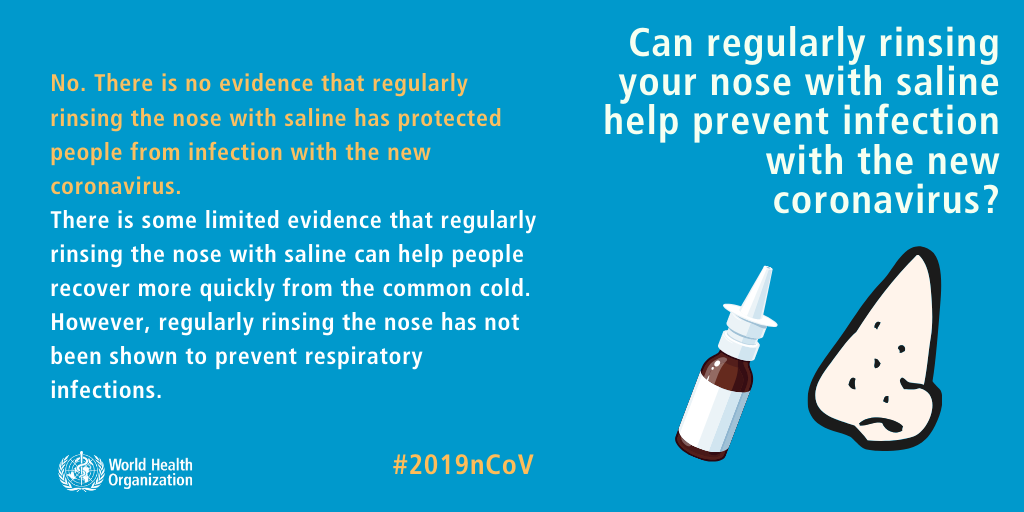Pandemic delays local funerals, compounds grief

WATERLOO – Tucked into the Courier’s obituaries for the last week are individual stories of loved ones lost. In every one of those stories lies another — one of families whose grief just happened to arrive amid a pandemic that has them restricted from sharing a church pew with loved ones, let alone sharing a sorrowful embrace.
On March 17, Iowa Gov. Kim Reynolds prohibited gatherings of more than 10 people to help slow the spread of coronavirus.
That includes funerals. Over the last week, the vast majority of Courier obituaries included announcements that funeral services and celebrations of life “will be held at a later date.”
Such notices are increasing amid the COVID-19 pandemic, as an untold number of burials around the globe go forward with nothing more than a priest, a funeral home employee and a single loved one.
It is uncharted territory, local funeral directors say.
“I’ve been in funeral service for 47 years. We’ve had short-term issues with weather conditions, but we have seen nothing on the scale of this,” said John Waychoff, a partner at Hagarty-Waychoff-Grarup Funeral Service on West Ridgeway Avenue.
Eric Locke, a funeral director with Locke Funeral Home, concurs. The restrictions to slow the virus are unprecedented, causing families to put their grief on hold.
“Even following Sept. 11 it wasn’t like it is now. Just look at what the rest of the world is experiencing,” Locke said.
In parts of Italy hardest hit by the virus, funerals, witnessed by a relative or two, last five minutes and end without any embraces, just the few people who were there hurrying back to their cars.
Some cemeteries aren’t allowing any graveside services at all.
“We just take deceased up to the grave and bury them,” said Terry Harmon, owner of Chapman Funeral Home in Orange, Calif., where a nearby cemetery recently said burials would be attended by one relative and one clergy.
When services are held, families are left to decide which few relatives should be allowed to attend. Locke said his funeral home held a couple of services in the last week in which just a handful of immediate family attended. One service had three in attendance, the other had nine. The funeral home recorded the services for other loved ones to watch online after the fact.
This new normal adds another layer of grief, funeral directors say.
“Everybody right now is experiencing grief, whether because of death or grief because of disruption to our daily lives,” Locke said. “When you compound the two, it’s hard.”
Human beings are hard-wired to gather, Waychoff added.
“This is going to have an effect on families because we’re not able to do what our culture normally does,” he said. “It’s not the way we do things. Human beings are social beings, and we are used to sharing our joys and our sorrow.”
Locke said it’s important to remember that emotional support for those who are grieving isn’t an all-or-nothing proposition. Finding a middle ground is important when life – and death – are disrupted on a global scale.
“Even though friends and family can’t be there physically to support one another at this time, there are still things we can do – send a card, a letter, an email, make a phone call. The community of support can still be there, just virtually.”
